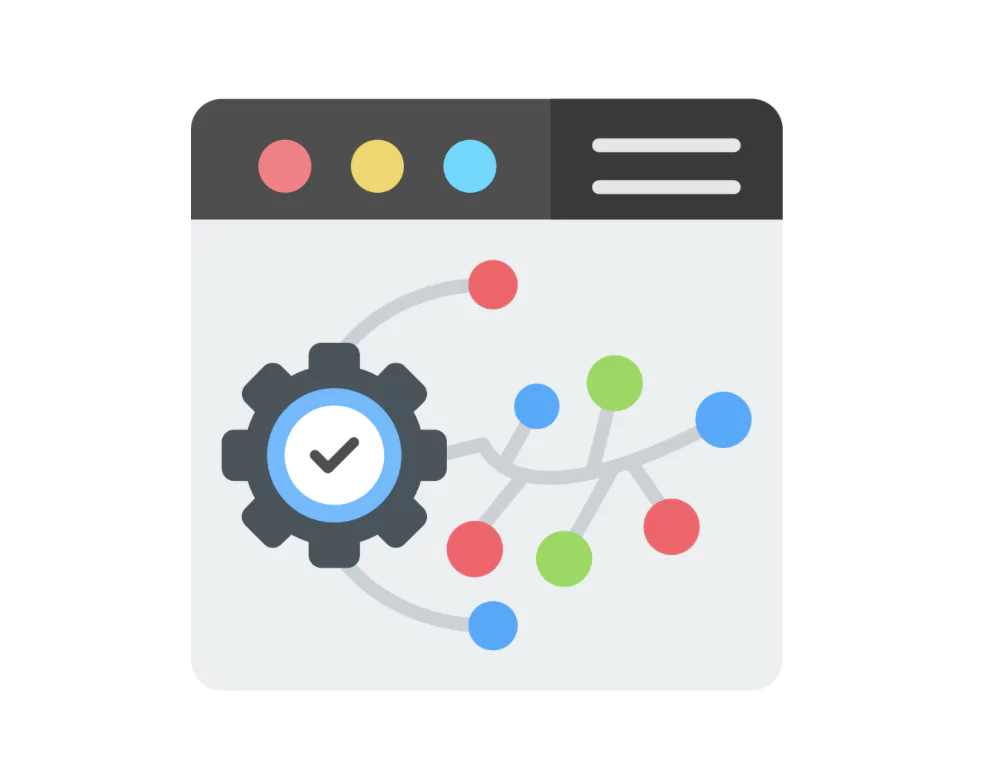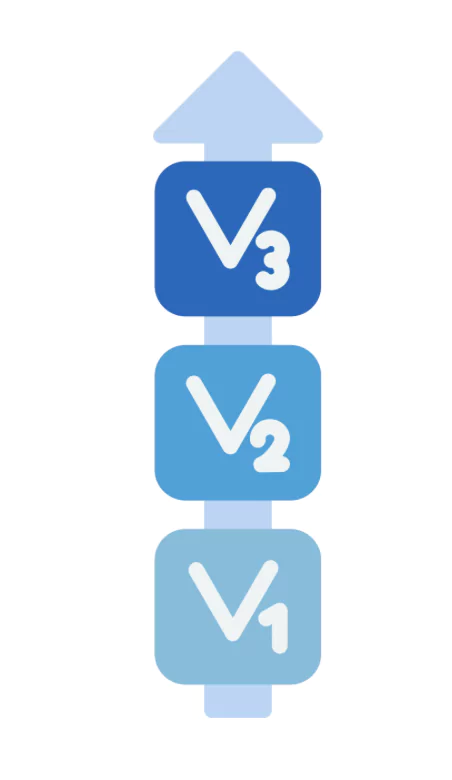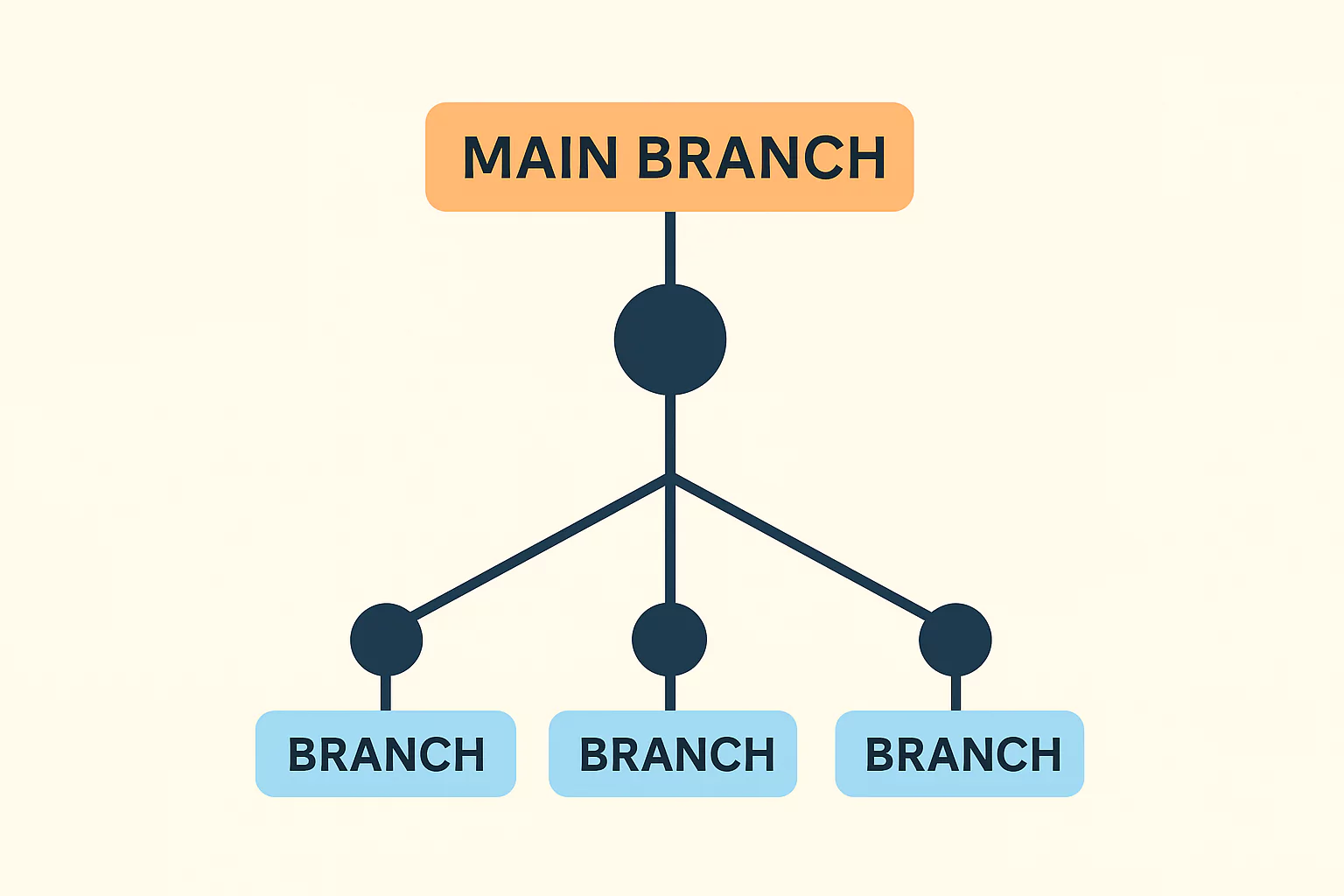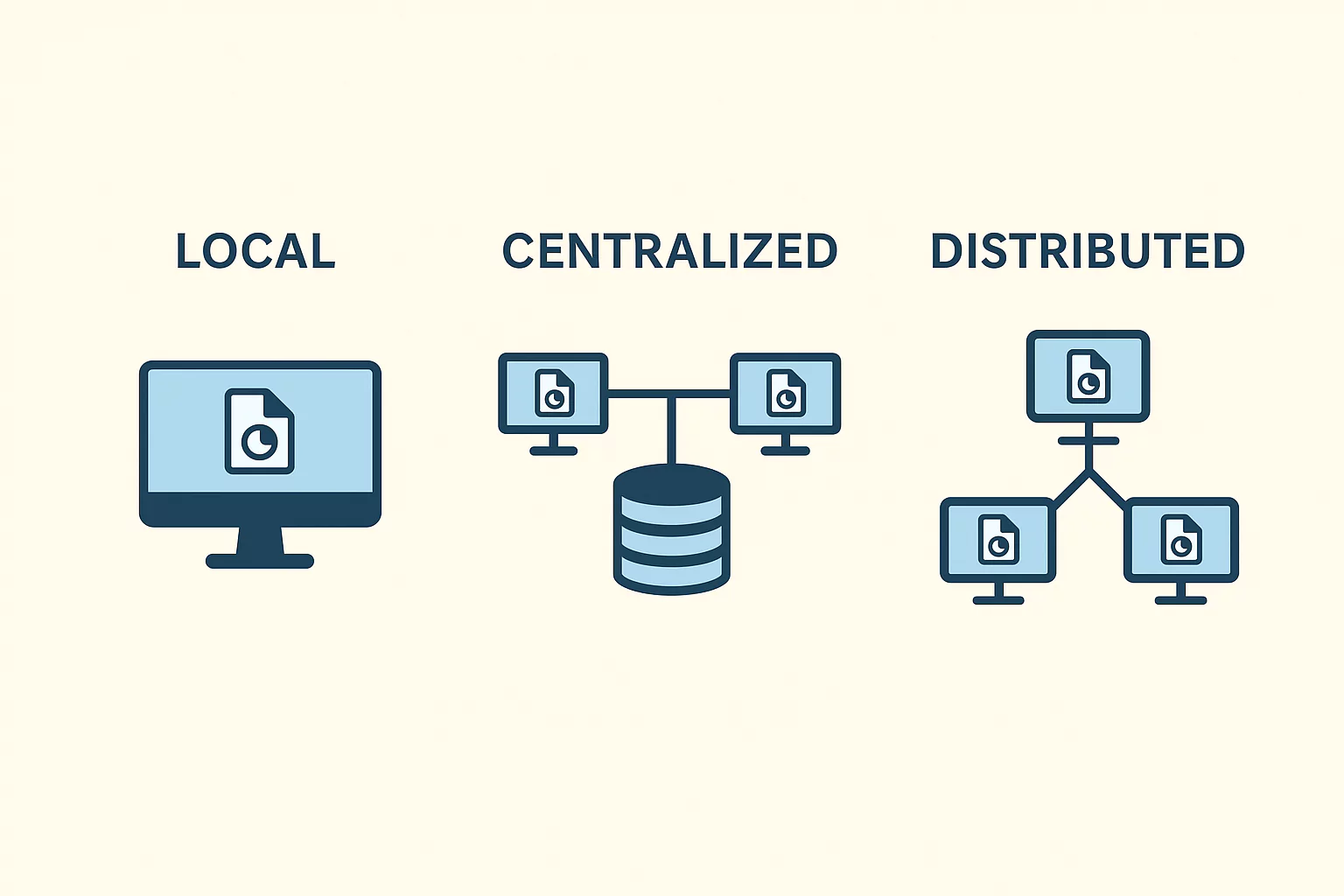Ever heard about a version control system in software development? Do you know how all the complex codebases and rollbacks are managed by software development teams in an organisation? The version control system helps software development teams to make changes in codebases, roll back or forward versions, along with many other changes in a single version.
If you are an engineer, you can take advantage of a version control system to track the progress of your project. You can easily track any changes in code or files over time. You can easily go back to the earlier version if something goes wrong with the current version. Here, let us know more about the version control system in software development and its role.
What Is a Version Control System?
Version control is a method using which we can track or manage changes to the software code. It is also known as source control, helping software development teams to manage changes in the source code over time, making them more efficient and faster. The software developer team continuously works on multiple file trees, with one developer working on a new feature while others are fixing existing bugs.

Version control helps to keep track of changes made by each developer, helping them discover, solve, and roll back to any previous version of the application. With a version control system, you can keep track of any modifications to the code. Also, developers can move back to their earlier or original version if any function is not working or in case of unexpected errors.
Version control systems protect the source code from degradation by human error and unwanted consequences. As source code is the main file or resource for understanding the problem domain, it is carefully collected and processed by developers.
Key Takeaways: Version Control System
- The version control system records and keeps track of every update in the software codebase file.
- They can easily roll back to an earlier stage of the product whenever needed
- They maintain a detailed history and structural architecture of the project evolution.
Why Is a Version Control System Important?

A version control system helps developers and other software development teams to manage changes in code, documents, or projects efficiently, ensuring no data loss or damage. When you are working with Version control, you always have a backup.
![]() Join Our Devops & Cloud Computing Telegram Channel
Join Our Devops & Cloud Computing Telegram Channel
![]() Join Our Devops & Cloud Computing WhatsApp Channel
Join Our Devops & Cloud Computing WhatsApp Channel
- With version control, you get to track changes over time in each stage, including all major details. This makes it easy to understand what changed and the reason behind the change.
- Multiple people from different teams can work together on the same project, and that too at the same time, without hindering anybody’s work, as version control keeps an eye on every change going throughout the project.
- Version control keeps data safe while tracking any modifications, so you can easily roll back to a previous state if something breaks.
- Developers can easily create branches implementing new designs without affecting the main codebase.
- It implements transparency as the profile information of every contributor is clearly mentioned, improving review and teamwork.
Read More: How to Transition from Software Engineer to Product Manager in India
How Does a Version Control System Work?
A version control system integrates with the project just as we start creating our new repository. A repository is a container where all project essentials, like files and other histories, are live. The main branch, or say trunk master, represents the root level i,e. Stable working version of the project.

Now, when different developers in a team start contributing to the project on their individual level, it starts forming branches from the main branch. This allows developers to make their personal changes in code without Commit”. The version control system can take these separate branches and then merge them into a single branch.
Types of Version Control Systems

There are three major types of version control systems, given below.
1. Local Version Control System (LVCS)
Local Version Control Systems are one of the simplest types of version control, where the changes are carried out by a single developer, not a team. With local version control, all the data in a project is stored on a single computer as patches. Each patch will contain the updates or manipulations taking place since the previous one.
To analyse any issue, entire patches have to be collected to find the issue at a specific moment. Local systems are less flexible when compared to other systems, as they are limited to a single computer. Collaboration is not possible, and the database must be kept safe. Local Version control is better in the beginning when you have a small team, but as you expand, you should move on to the next type of version control system.
2. Centralized Version Control System (CVCS)
A Centralised Version Control System uses only a single central server to store all major versions of the files and codebases. Any changes in the source code are automatically stored in the repository file as a new version. However, the scaling power in the centralised version control is very limited, or say poor.
Centralised Version Control is more secure, as it does not need to be cloned and provides multiple branching and merging options to the users. As it is based on a single version, any interruptions can cause the failure, or when the server goes down, no one from the team will be able to commit or retrieve versions, which might lead to server crashes.
Read More: What is DevOps Automation and Why It’s a Must-Have Skill in Tech in 2025
3. Distributed Version Control System
The Distributed version control is best when it comes to collaboration and teamwork in software development. In the distributed version, every developer on the team will have their own copy of the repository along with the history, unlike the centralised version control, where there was only a single copy of the repository.
Now, in this system, even when the system fails, anyone can restore the complete project with the repository copy. Developers also work offline and get a free hand to experiment safely in the repository.
Benefits of Version Control Systems
Let us find some benefits of using a version control system in your software project development below.
1. Easy Collaboration
With version control, developers can create collaborative workflows where multiple developers can work on the same project at the same time without having to overwrite each other’s changes.
2. Tracking Changes
You can easily track and stay updated with all major changes taking place inside the repository at any time. You will get every record highlighting who made it, when it ran, why, and other history. Team members can review history to find out why, how, and when changes were made. With history, you can easily roll back to the previous better version at any time.
3. Work Together
Developers can work together in a shared environment without worrying about any conflict of changes made by others. The version control handles the conflicts and resolves them, too.
4. Automation
Version control provides consistent results and saves time when it comes to extracting a commit or rollback. Developers can easily automate testing, code, or even deployment when saving a new updated version in the repository.
5. Versions
Developers, instead of working on their file and making individual changes, can easily pick up a version and follow up on changes in the code, such as a version that might have been made to fix a bug or add a new feature, etc. When you store code in a version, you can easily view it and restore it from the version anytime you want.
Also Read:
- DevOps Team Setup 101 – Explore Powerful Future of Tech
- 12 Types of Cloud Security Tools & 5 Open Source Tools
- How DevOps Works? Easy Explanation
- DevOps Career Path: Your Career Guide For 2025
Become a DevOps Expert with PW Skills
Discover a wide range of career opportunities in DevOps and Cloud Computing with the PW Skills DevOps Course and master in-demand tools like Ansible, Kubernetes, Jenkins, and more with our interactive coursework, dedicated mentors and more. Get real-world projects, practice exercises, module assignments to help you strengthen everything you learnt throughout the course.
Hurry! Enroll in this course and start your learning journey. Become a certified devOps engineer with pwskills.com
Version Control System FAQs
What is a version control system?
Version control is a process using which you can track and manage changes to software code. It is also known as source control, helping software development teams to manage changes in the source code over time, making them more efficient and faster.
Why is a version control system important?
A version control system helps developers and other software development teams to manage changes in code, documents, or projects efficiently, ensuring no data loss or damage.
Which type of version control is best for collaboration?
Distributed version control is the best when it comes to working in a shared environment in the repository.
What is distributed version control?
A distributed version control system is one where every developer has a copy of the codebase, including all major details inside the repository. Anyone can roll back to the previous version or restore it in case of failures, hence no loss of data or progress.

